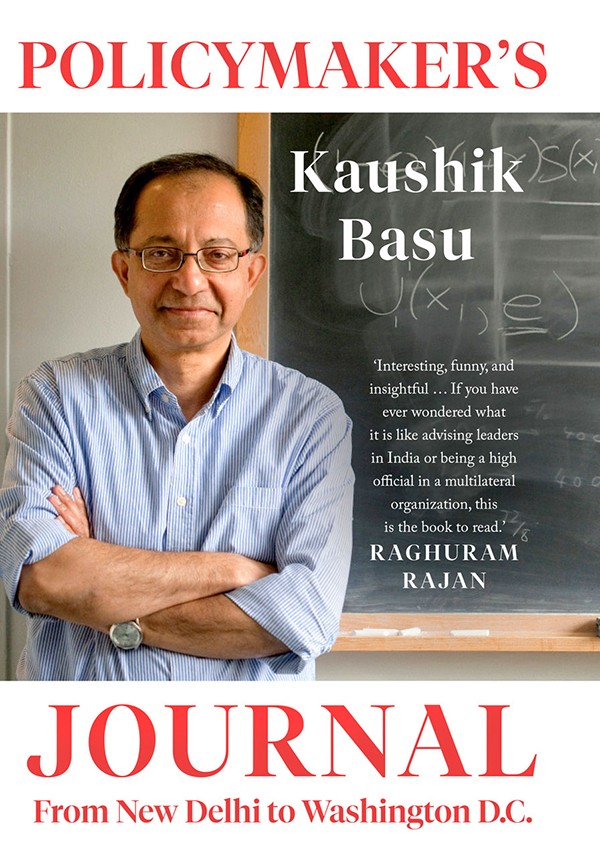The answer: nothing of any great note, and yet so much of my life is in it. I started writing a journal (as I used to call it) when I went on holiday. Twenty years ago I decided to go full-time and since then I’ve kept it more or less every day. Why? I suppose it began as an experiment – and became an obligation. You can’t hold back time, but you can try to save the past from being completely erased. It often feels trivial to record things as they happen (a stray remark, hearing a song, fleeting moments of doom or delight), but later they may prove useful, or instructive, or amusing. It also maintains the illusion of diligence – that you’re not just pissing away the days. A diary is good exercise for the writing muscle, the way a pianist practises scales or a footballer does keepy-uppies. During lockdown, like everyone else, I got into routines that felt numbing in their repetition and diary-wise left me short of material. I took recourse to discussing the books and box sets I was involved with – not exactly Pepysian, but it got me through.
Which prompts the question: who are you writing for? Ultimately, it’s yourself. Diary-writing is the most private form of literary creation because you are both the author and (for the present at least) the sole reader. There are great advantages to this. The first is the benefit to your mental health. The diary is a safety-valve in an age of invasive scrutiny. I should admit that I have never been on social media and don’t own a mobile phone. (Yeah, I know). Much better to confide your unworthy or unrepeatable thoughts to that book on your desk than pin them up for everyone to read online. There is no fear of being trolled or cancelled when you only write for yourself and you won’t have to live out your regret in public. Is there anything quite so pathetic in social-media manners as the line “They later deleted the tweet”?

Even the greats have used their diary as a psychological prop. James Boswell, often prey to insecurity and low spirits, would address himself in his journal in the second-person, as if he were his own mentor. Studying law as a young man in Utrecht in September 1763, he writes: “Try and be shaved and dressed by nine… Read much privately and continue firm to plan… Resolve now no more billiards. Be not hasty to take music master, and consult Count Nassau about concert. Be frugal, calm and happy, and get wine soon.” I love that last bit.
The second is more to do with existential curiosity: the long perspective of diary-writing furnishes a picture not just of what you did but of who you were. To read diaries of old is to chart the progression of the self – “the varieties of ourselves”, as Penelope Lively puts it – as it changes through time. Sometimes I happen on a diary entry from years ago and think, in genuine surprise: did I write that? If it weren’t in my handwriting I would be inclined to doubt it. We evolve, we slough off old selves and acquire new ones, and yet some essential core in us persists, a cast of mind. Memory will play us false about our past, will blur the nuances or miscarry the meaning; a diary, while not infallible, can at least claim: “I was there at the time.”
A third important advantage of the diary is as an aide-memoire to your work. History does the broad sweep of years and decades. Biography does the intricate detail of character and incident. Diaries do both of these jobs, somewhat inadvertently, and may be mined for material thereafter. Certain seismic events are noted in mine, though aside from the odd pandemic and election result there’s not much “hand of history” stuff going on there – that’s not why I write it. I have some sympathy for Louis XVI returning from hunting on the day the Bastille fell and writing in his diary, “Rien”.
There’s a lot about music in mine, and loads of gossip, much of it indefensible. There is also, as I discovered on re-reading in lockdown, a fair bit about football, in particular about Liverpool FC, the club I support. This proved hugely helpful when I came to write a short book about our manager Jürgen Klopp, who arrived at the club nearly six years ago and carried us to glory. Here is what I wrote on 8 October 2015:
Have been checking the BBC Sport website all week for news and when it finally arrives I yelp with excitement: Jürgen Klopp has agreed to be manager of Liverpool. Yay! Really like the cut of his jib, he’s dry and merry and apparently an inspiration to all who play for him. Jürgen, may you reign long and happily at Anfield! Welcome to Das Boot room.
As you will note, this hardly constitutes fine writing, but here it doesn’t matter. What these entries about Klopp had was immediacy and spontaneity, which would lend a different flavour to the book I was writing. Klopp would not be a biography, rather a memoir about being a fan, a meditation on Liverpool, and a slightly embarrassing love letter to a man I’d never met. Had I remembered the dream the following night in which I was actually playing for Klopp? No, but my diary had. (Apparently I was wearing a cashmere jumper for a training session and Klopp felt the edge of my sleeve and said, “Nice”).
Today he gave his first press conference as LFC manager and was masterly: funny, mischievous, smart, charismatic. “I am the Normal One,” he said, and the press guffawed. Oh please let him be the club’s saviour. God knows we’ve waited long enough for one.
I suppose the classic “Dear Diary” moment would be meeting the man himself. I don’t imagine that happening, and that’s fine – he’s got better things to do, like returning the club to winning ways.
The question hovering over every diarist is the one concerning posterity. Are you writing with publication in mind? A tricky one. I’m not sure any writer would dismiss outright the idea of their diary being published one day – only it should be one day when you’re no longer around. There’s a whiff of bad faith about a living writer who publishes their diaries: it sacrifices the vital combination of intimacy and freedom that distinguishes the best. You can’t be quite honest.
There are exceptions. The theatre critic James Agate (1877-1947) wrote a wonderful sequence of diaries called Ego that were published in London from 1932 until his death. They are wit-struck, gossipy, erudite, indiscreet (though not that much; inevitably there’s no mention of his hectic gay life). Agate had high hopes for them: “I would like 100 years hence to be put on the same shelf with Pepys and Evelyn… Ego is a gold brick made from no straw. It may live or it may not. It would be nice if it did.” It did not. The diaries have been out of print for years, and Agate’s name outside theatrical circles is all but forgotten.
Serious contemplation of the future’s indifference to us is like gazing at the sun: you can’t do it for long. Most writers know they are in a race to obscurity. The blessing of a diary is to give you peace of mind, and a place to order your thoughts. I have never loved Virginia Woolf as a novelist, but as a diarist she strikes me as one of the greatest who ever lived.
Here she is on 17 November 1934: “A note: despair at the badness of the book: can’t think how I could ever write such stuff – and with such excitement: that’s yesterday; today I think it good again. A note, by way of advising other Virginias with other books that this is the way of the thing: up down, up down – and Lord knows the truth”. The skittish punctuation married to the intense feeling speak to us down the decades – a completely individual voice expressing the universal. A diary consoles, charms, invigorates; and it keeps remembering while everything else disappears.
Klopp: My Liverpool Romance by Anthony Quinn is published in paperback by Faber at £8.99. Order it for £7.64 at guardianbookshop.com





